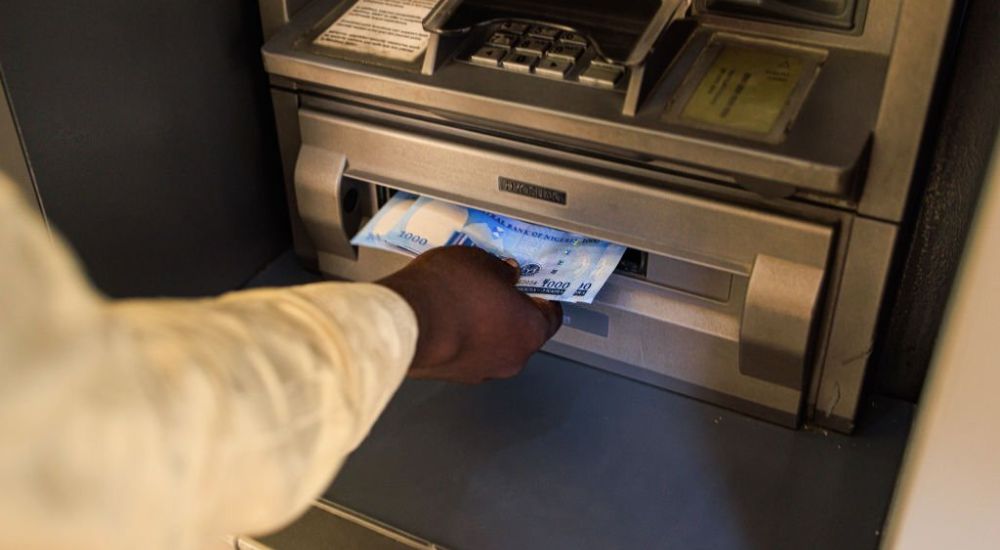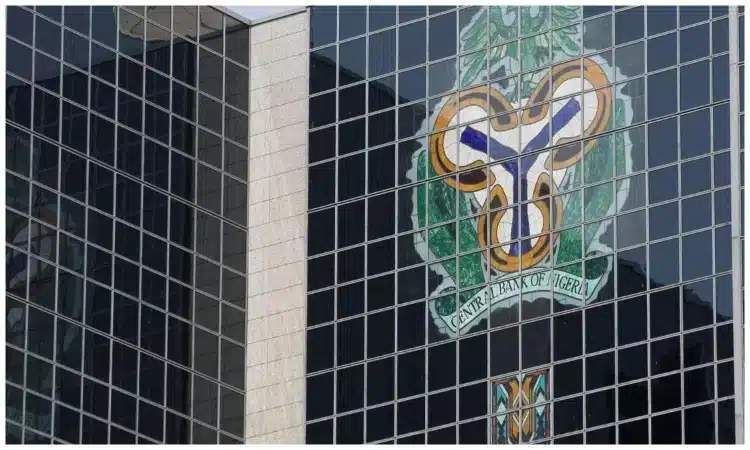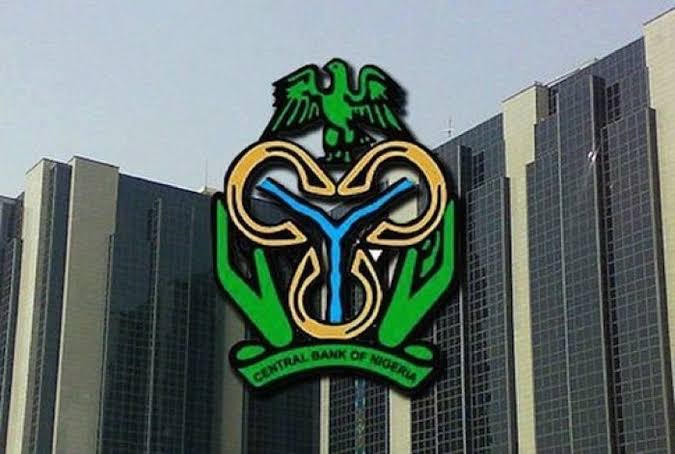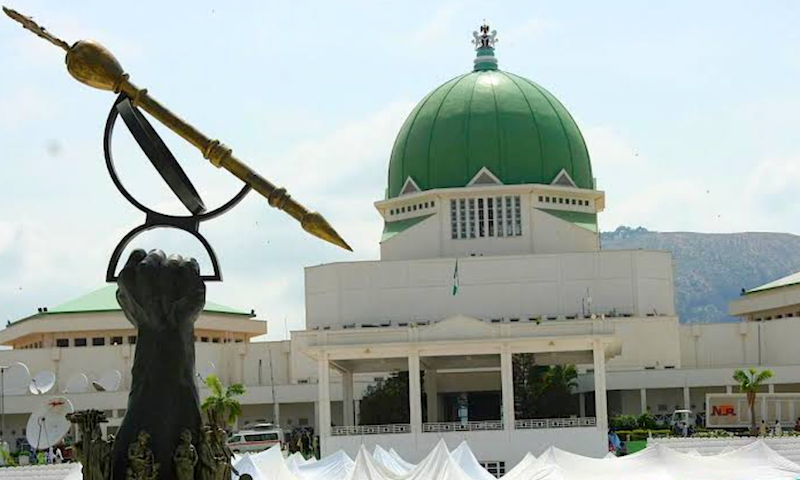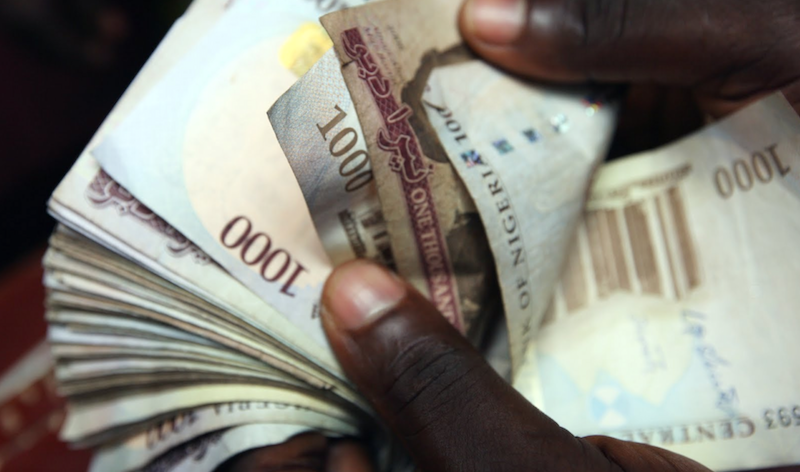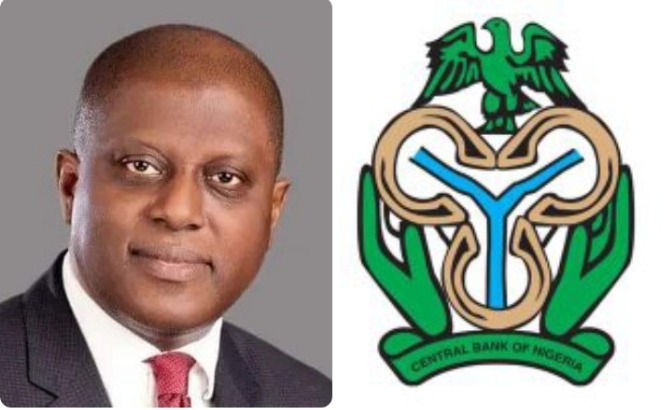Socio-Economic Rights and Accountability Project (SERAP) has filed a lawsuit against the Central Bank of Nigeria (CBN) “over the failure to reverse the patently unlawful, unfair, unreasonable and unjust increase in Automated Teller Machine (ATM) transaction fees.”
The CBN recently announced that ATM withdrawals made at a machine owned by a bank but outside its branch premises will now attract a charge of N100 per N20,000 withdrawn. ATM withdrawals at shopping centres, airports or standalone cash points, will incur a N100 fee plus a surcharge of up to N500 per N20,000 withdrawal.
In the suit number FHC/L/CS/344/2025 filed last Friday at the Federal High Court, Lagos, SERAP is asking the court to determine “whether the decision by the CBN to increase ATM transaction fees is not arbitrary, unfair, unreasonable, and contrary to the provisions of the Federal Competition and Consumer Protection Act 2018.”
SERAP is asking the court for “a declaration that the decision by the CBN to increase ATM transaction fees is arbitrary, unfair, unreasonable and contrary to the provisions of sections 1(c) and (d), 104, 105 and 127(1) of the Federal Competition and Consumer Protection Act 2018, which is binding on the CBN.”
SERAP is seeking “an order of interim injunction restraining the CBN, its officers, agents, associates or any other persons acting on its directive or instructions from enforcing and giving effect to the decision, pending the hearing and determination of the motion on notice for an order of interlocutory injunction filed in this suit.”
In the suit, SERAP is arguing that: “The increase cannot be justified under the Nigerian Constitution 1999 [as amended], the CBN Act, Federal Competition and Consumer Protection Act, and the country’s international human rights obligations.”
SERAP is also arguing that, “The increase creates a two-tiered financial system that discriminates against poor Nigerians who may not be able to afford or pay the increased ATM fees.”
According to SERAP, “The patently unlawful, unfair, unreasonable and unjust increase in ATM transaction fees also inherently contributes to violations of the human rights of socially and economically Nigerians.”
The suit filed on behalf of SERAP by its lawyers Kolawole Oluwadare and Andrew Nwankwo, read in part: “The CBN is compromising its stated mission to advance the management of the country’s economy, and ultimately, sustainable development.”
“The CBN is also failing to comply with the Nigerian Constitution, the Federal Competition and Consumer Protection Act and the country’s international human rights obligations in the exercise of its statutory powers and functions.”
“The increase in ATM transaction fees ought to have been shouldered by wealthy banks and their shareholders, not the general public.”
“CBN policies should not be skewed against poor Nigerians and heavily in favour of banks that continue to declare trillions of naira in profits mostly at the expense of their customers. The increase in ATM transaction fees would inflict misery on poor Nigerians and contribute to human rights abuses.”
“Imposing exorbitant ATM transaction fees on socially and economically vulnerable Nigerians at a time several Nigerian banks are declaring trillions of naira in profits yearly is manifestly unfair, unreasonable and unjust.”
“The CBN through a Circular to all banks and other financial institutions dated February 10 2025 stated that it has reviewed and increased the ATM transaction fees prescribed in section 10(7) of the CBN Guide to Charges by Bank, Other Financial and Non-Bank Financial Institutions 2020.”
“Section 1(c)(d) of the Federal Competition and Consumer Protection Act, 2018 provides that the objectives of the Act are to ‘protect and promote the interests and welfare of consumers’ and ‘prohibit restrictive or unfair business practices’ such as the exorbitant and unreasonable increase in ATM transaction fees by the CBN.”
“The provisions of the Federal Competition and Consumer Protection Act are directly binding on the CBN, as the provisions constrain the exercise of the statutory powers and functions of the institution.”
“Section 2(1) of the Act provides that its provisions ‘apply to all undertakings [such as the CBN] and scope of application to all commercial activities within Nigeria.”
“Section 2(2) provides that: ‘This Act is binding upon- (a) a body corporate or agency of the Government; (b) a body corporate; (c) all commercial activities aimed at making profit and geared towards the satisfaction of demand from the public.’”
“According to section 70(1) of the Act, ‘For the purpose of this Act, an undertaking [such as the CBN] is considered to be in a dominant position if it is able to act without taking account of the reaction of its customers or consumers.’”
“The Act prohibits abuse of dominant position by the CBN including charging excessive ATM transaction fees to the detriment of consumers.”
“Section 104 of the of the Act asserts the supremacy of the Act over ‘the provisions of any other law’, such as the CBN Act. The only exception to the provision is the Nigerian Constitution 1999 [as amended].”
“Section 127(1) of the Act also prohibits the CBN from making any policy or providing “any services at a price that is manifestly unfair, unreasonable or unjust.”
SERAP is therefore asking the court for the following reliefs:
A DECLARATION that the decision by the Defendant in upwardly reviewing and increasing ATM Transaction Fees, as contained in the Defendant’s circular dated 10th February 2025 is arbitrary, unfair, unreasonable, unjust and a dis-service to the consumers of the services rendered by Banks, Other Financial and Non-Bank Financial Institutions in Nigeria, and ultimately in breach of sections 1(c) and (d), 104, 105 and 127(1) of the Federal Competition and Consumer Protection Act 2018.
A DECLARATION that by the combined provisions of section 1 (c) and (d), 104, 105 and 127 (1) of the Federal Competition and Consumer Protection Act 2018, section 42(1) (a) of the Central Bank of Nigeria Act 2007 and section 10.7 of the Central Bank of Nigeria Guide to Charges by Banks, Other Financial and Non-Bank Financial Institution 2020, the Defendant cannot unilaterally increase ATM Transaction Fees without the consent of the Federal Competition and Consumer Protection Commission (FCCPC).
AN ORDER setting aside the Defendant’s circular dated 10th February 2025 and published on 11th February 2025, with reference number FPR/DIR/GEN/CIR/001/002, directed to all Banks and Other Financial Institutions for being arbitrary, unfair, unreasonable, unjust and a breach of the provisions of sections 1 (c) and (d), 104 and 127 (1) of the Federal Competition and Consumer Protection Act 2018.
AN ORDER restraining the Defendant, including its agents, assigns, privies and or representatives or such other persons acting on its behalf, and all Banks, Other Financial and Non-Bank Financial Institutions in Nigeria from implementing and/or enforcing the decision of the Defendant.
AND FOR SUCH FURTHER ORDER(S) that the Honourable Court may deem fit to make in the circumstance of this suit.
No date has been fixed for the hearing of the interim application and the substantive suit.
